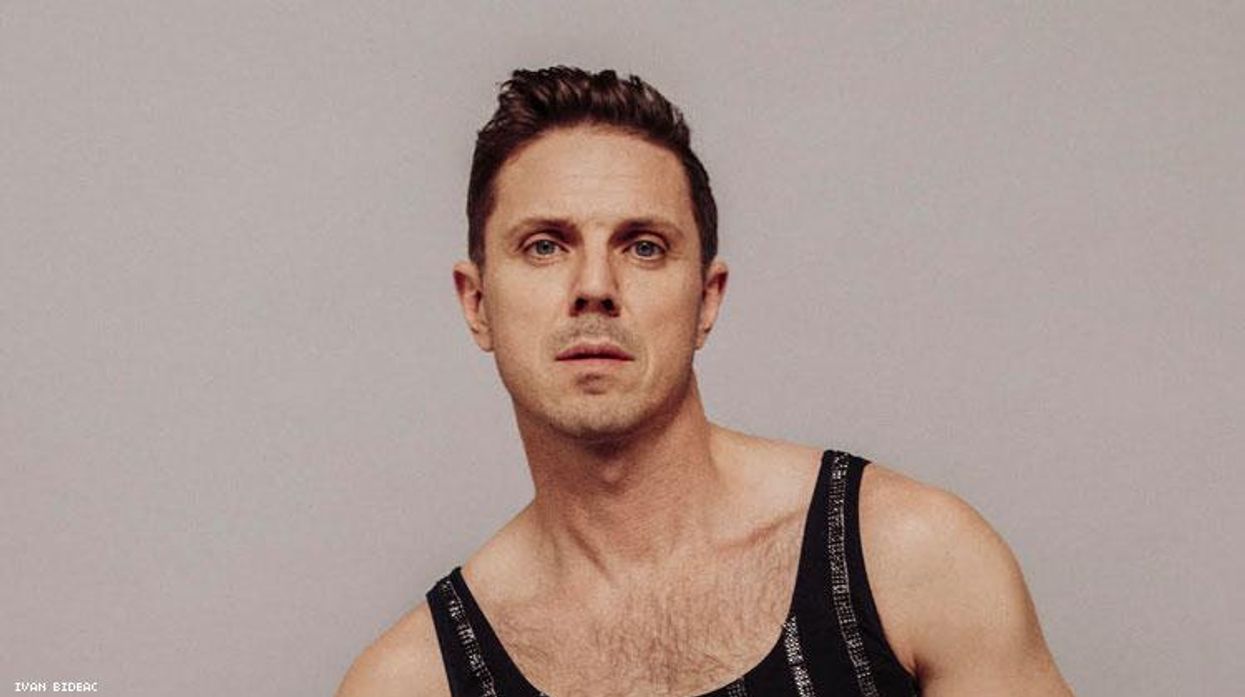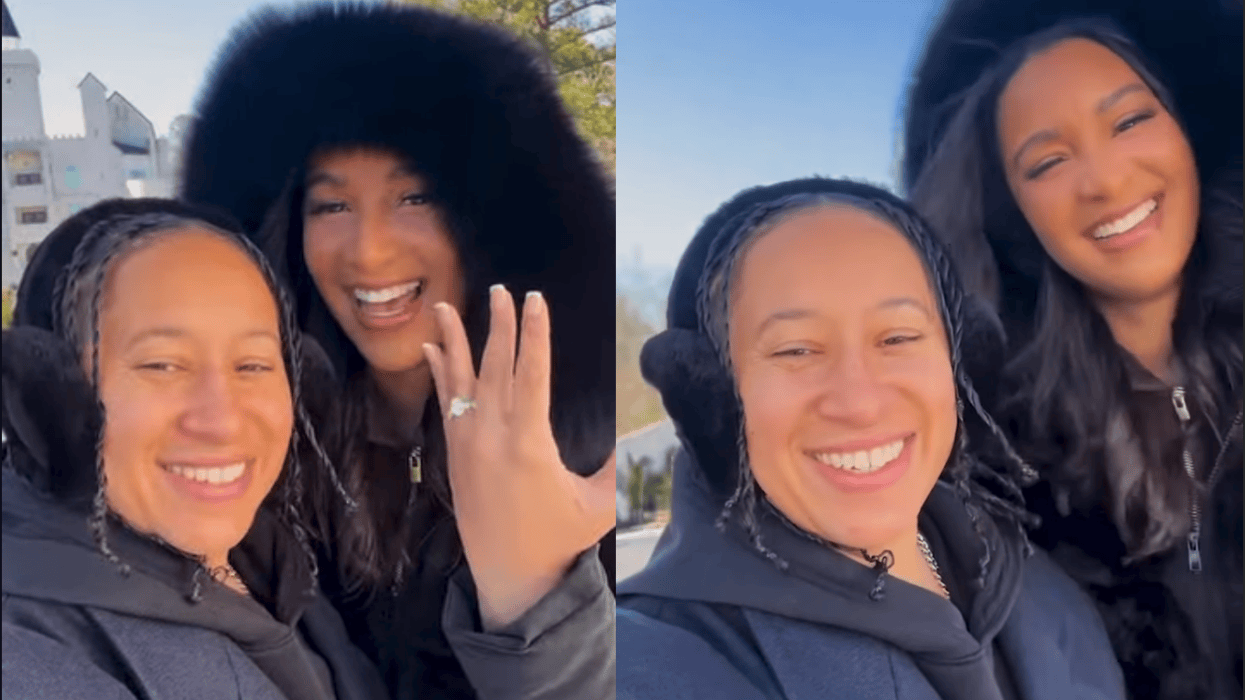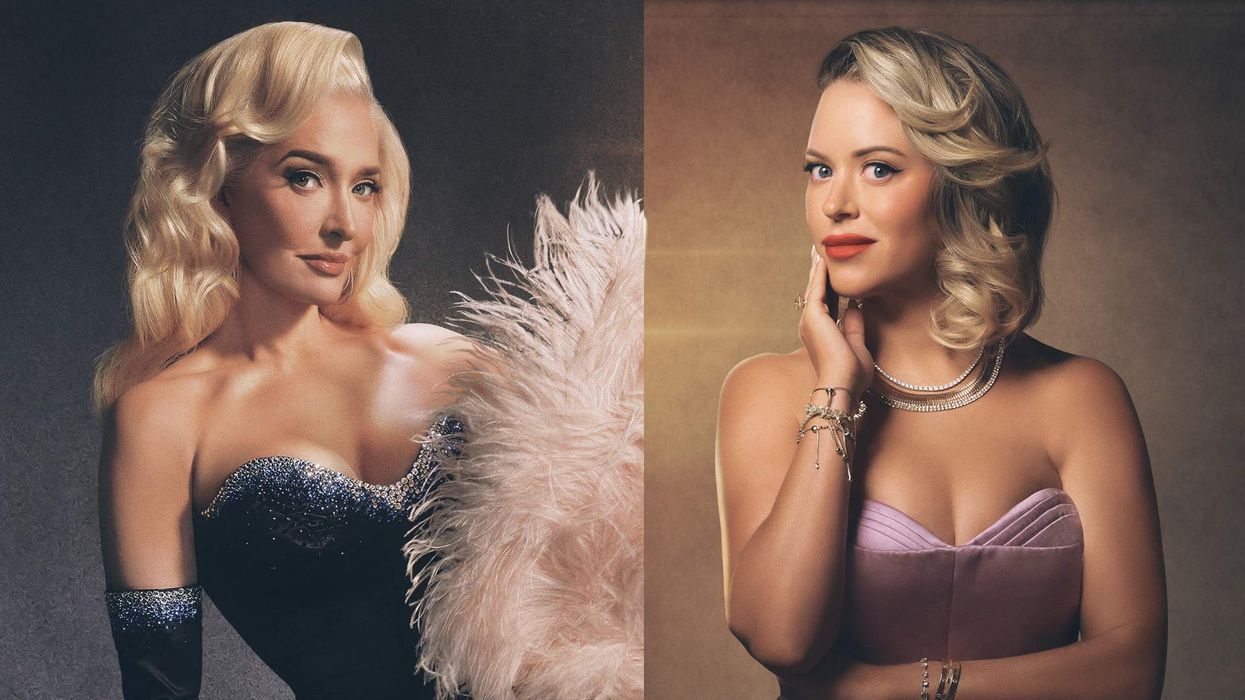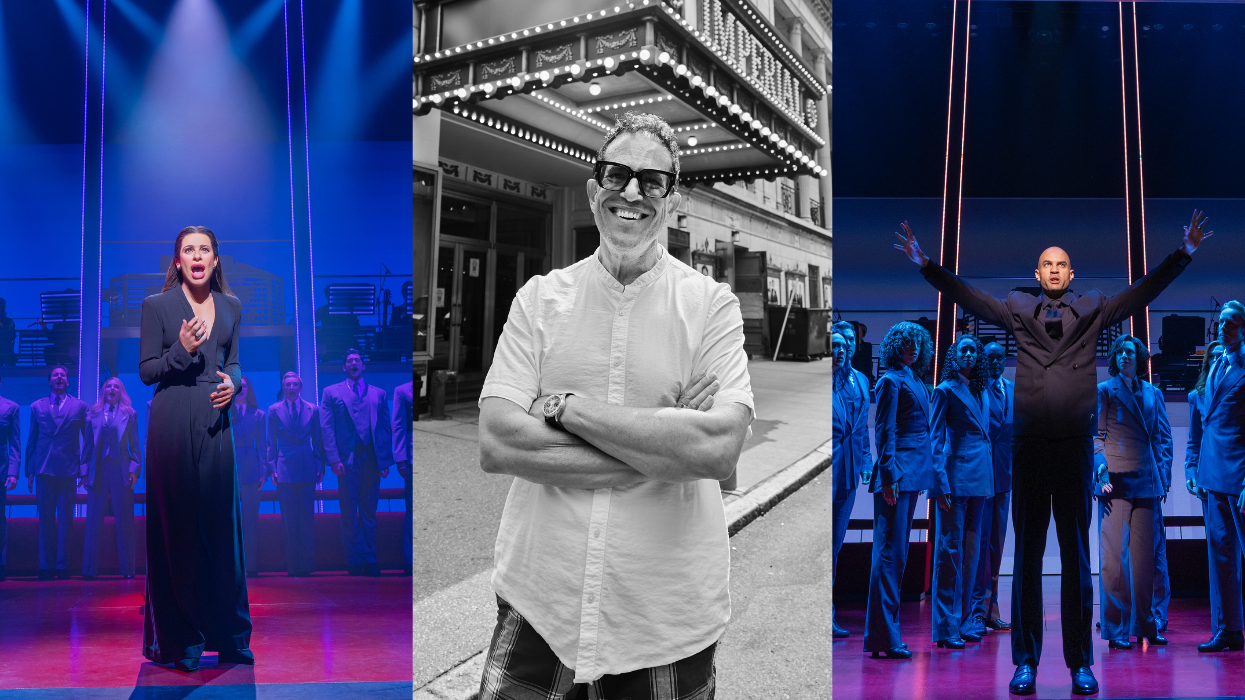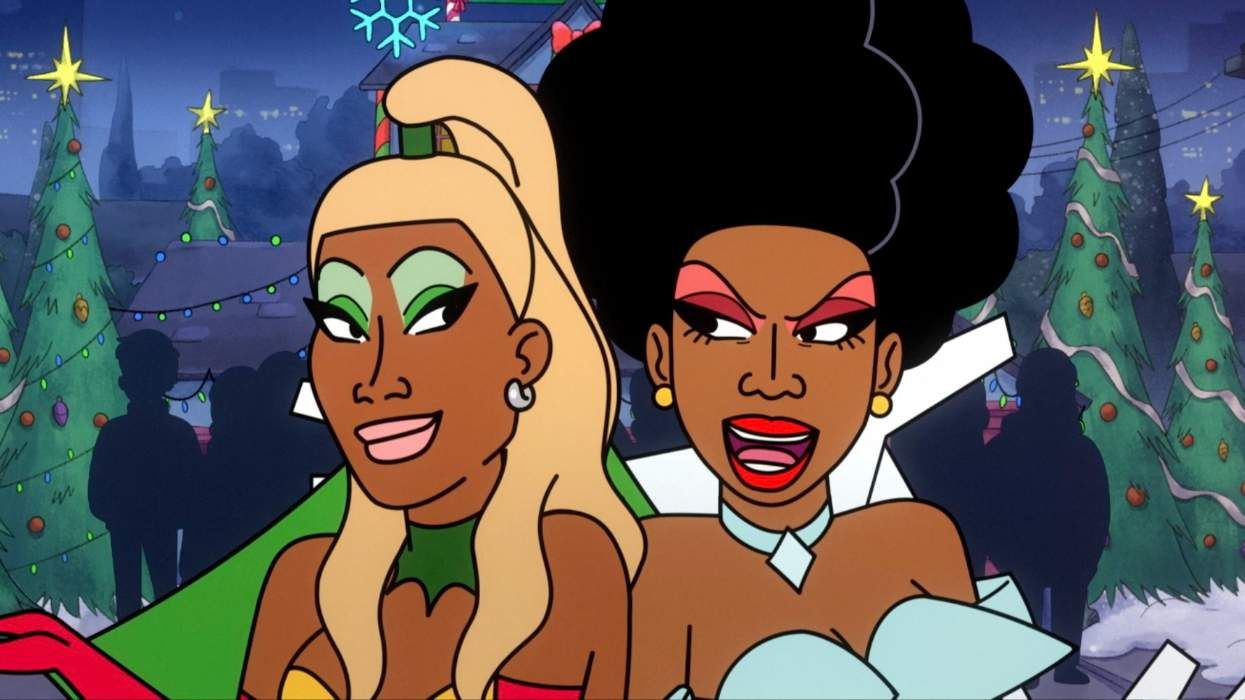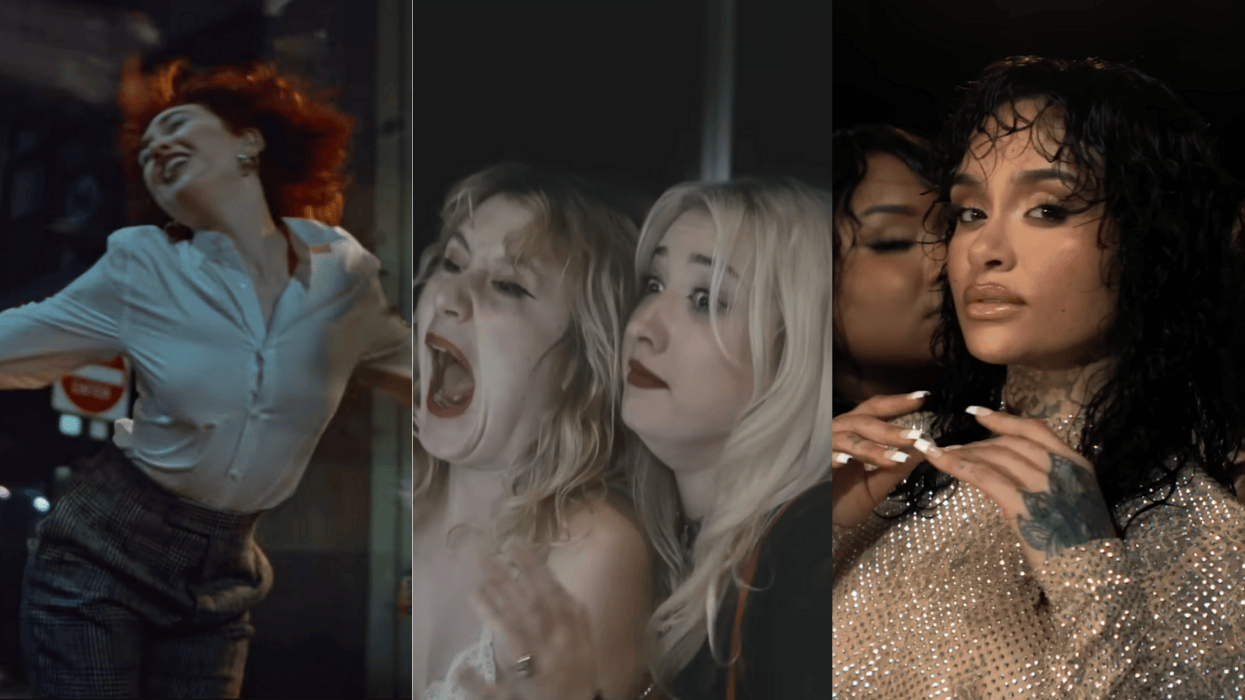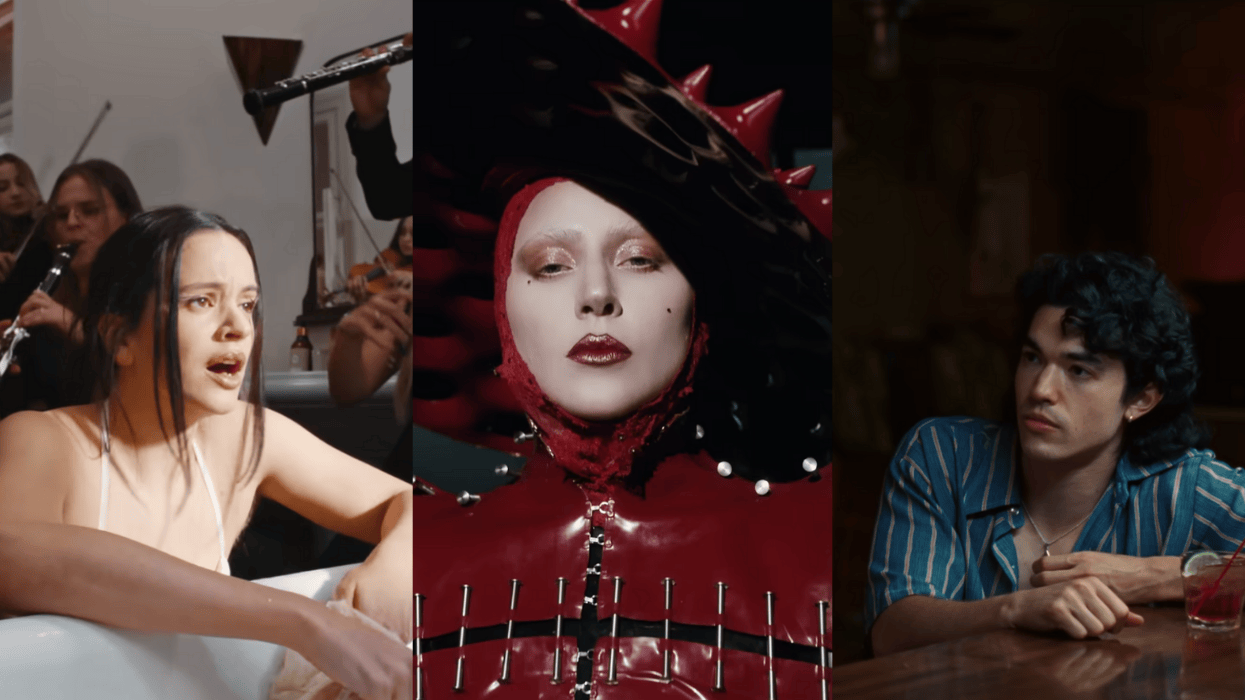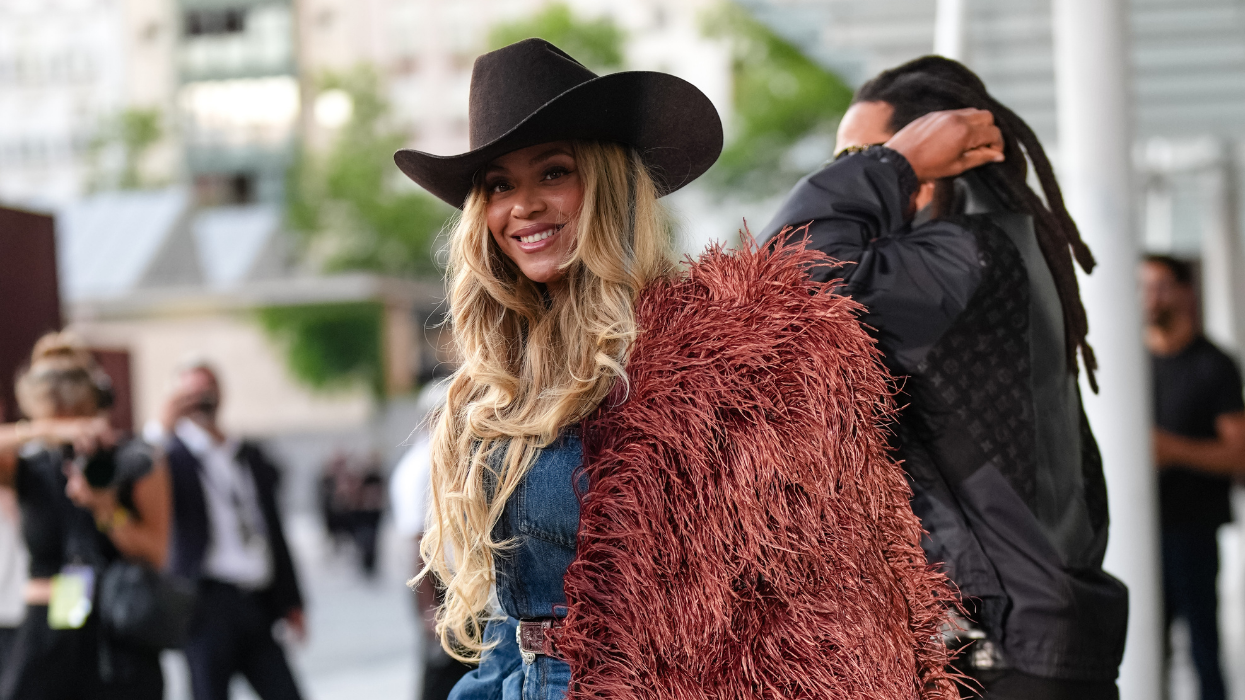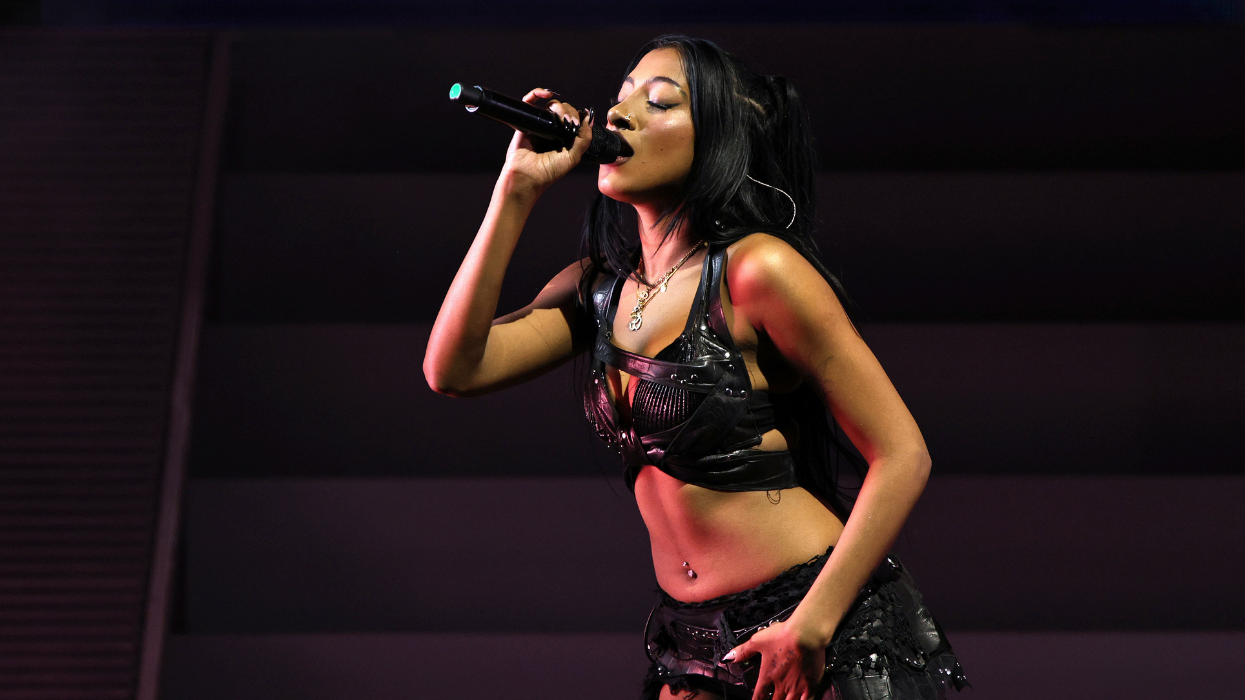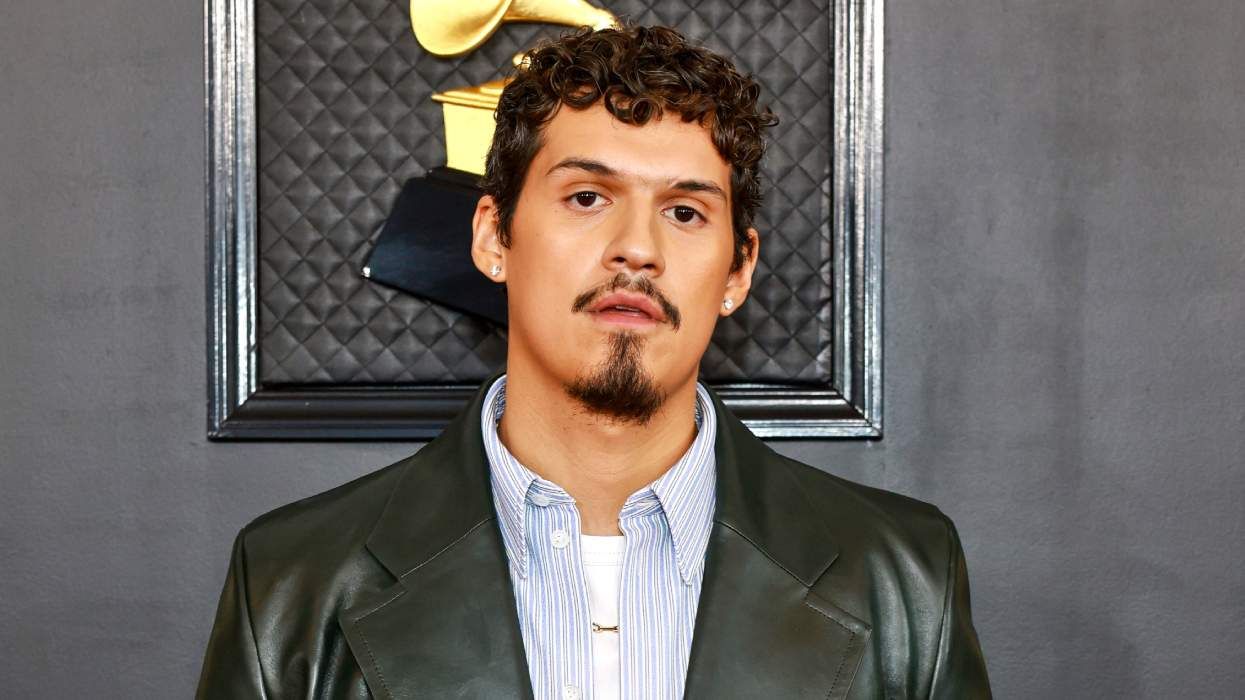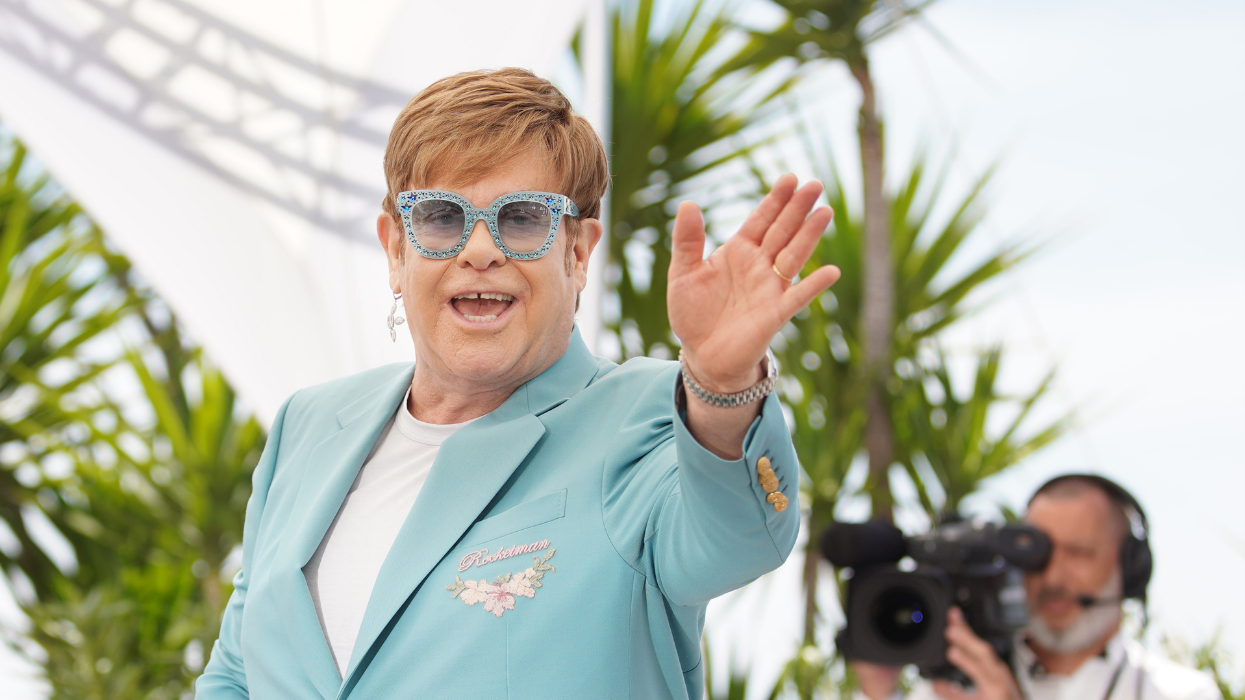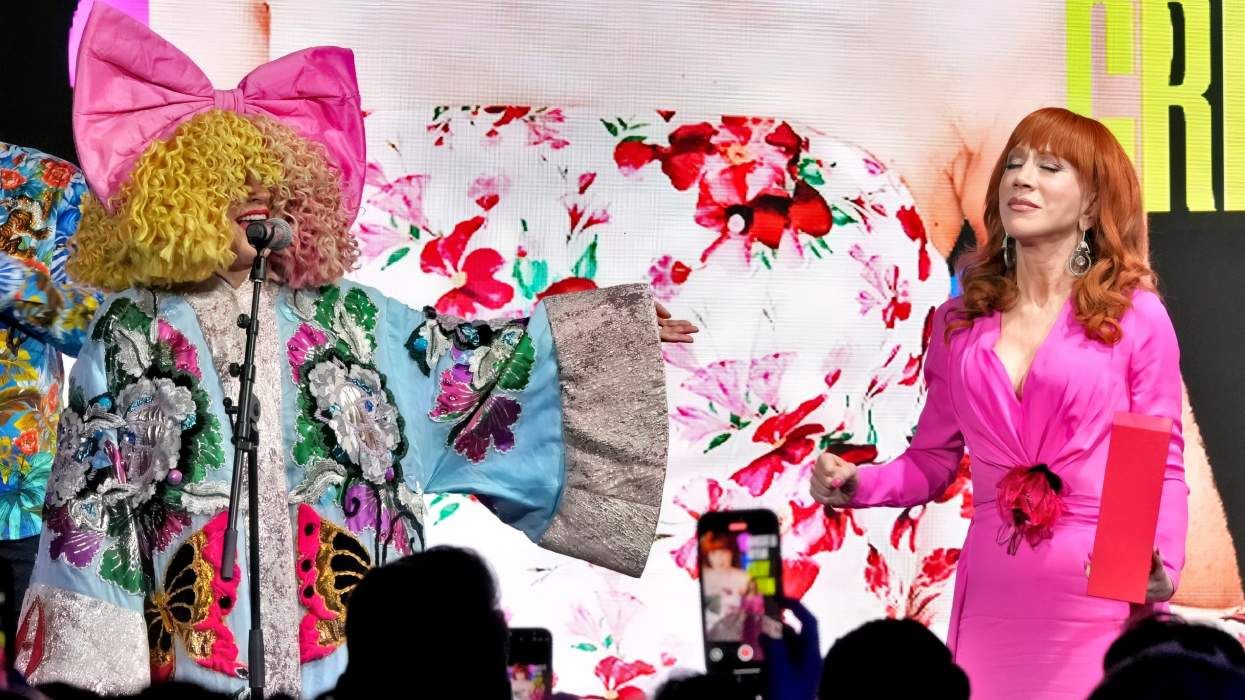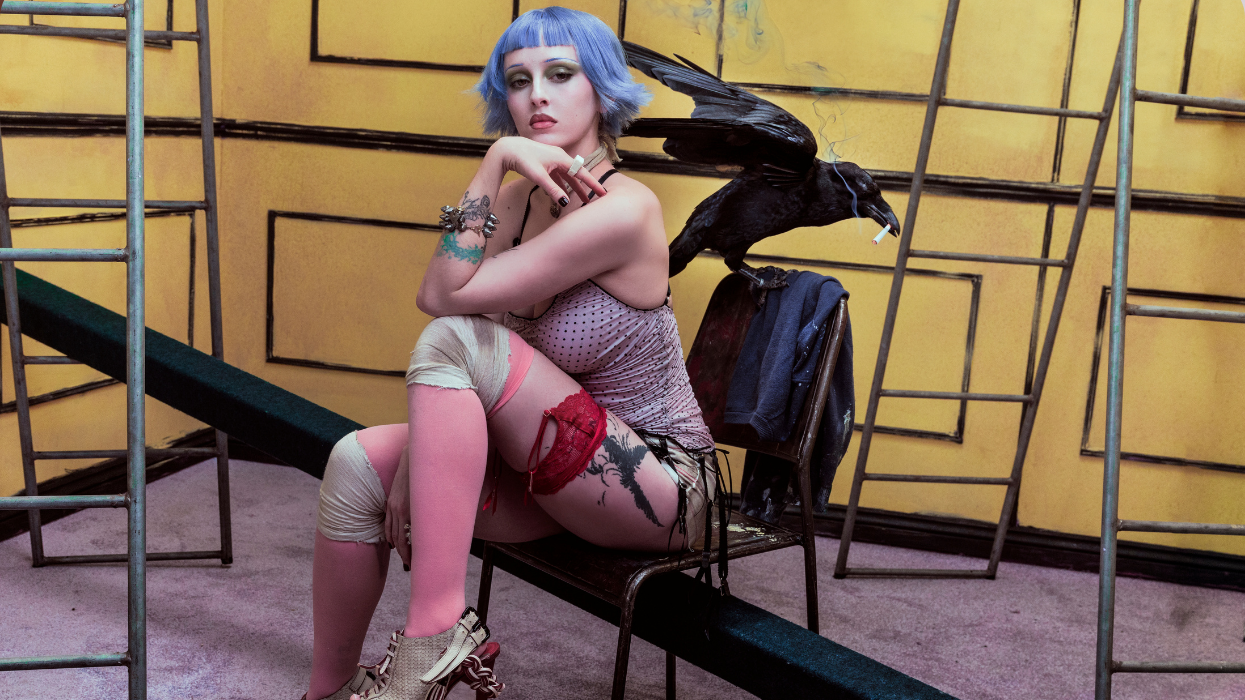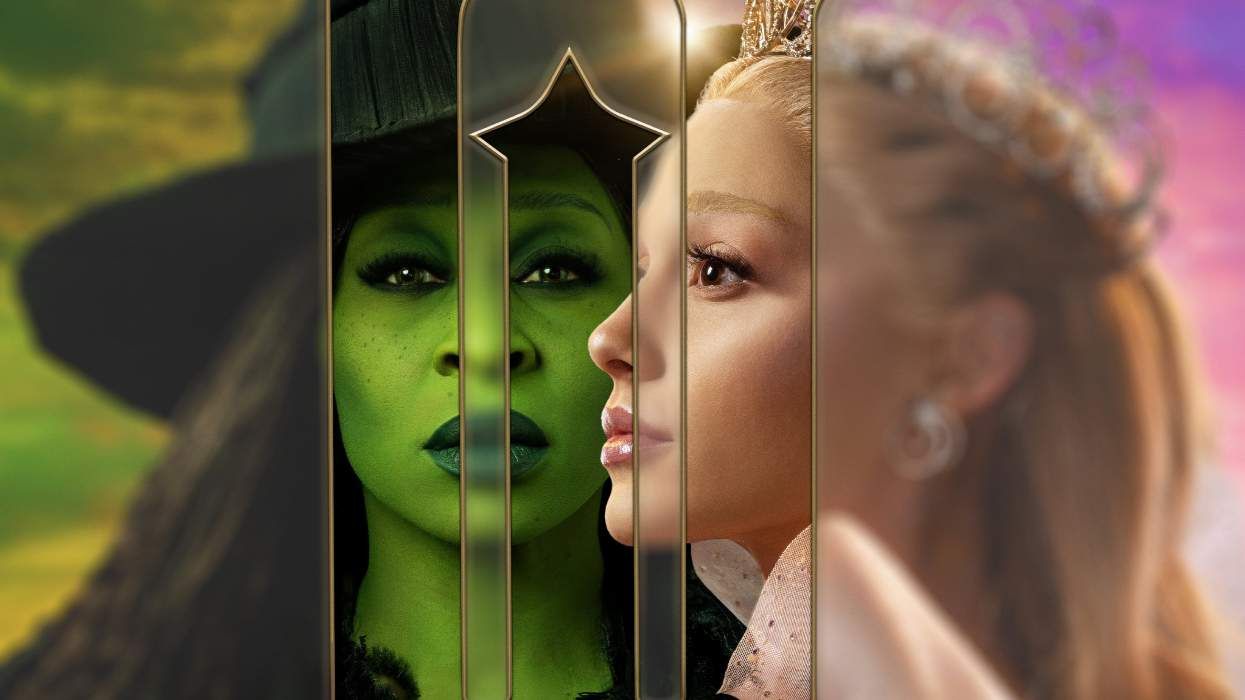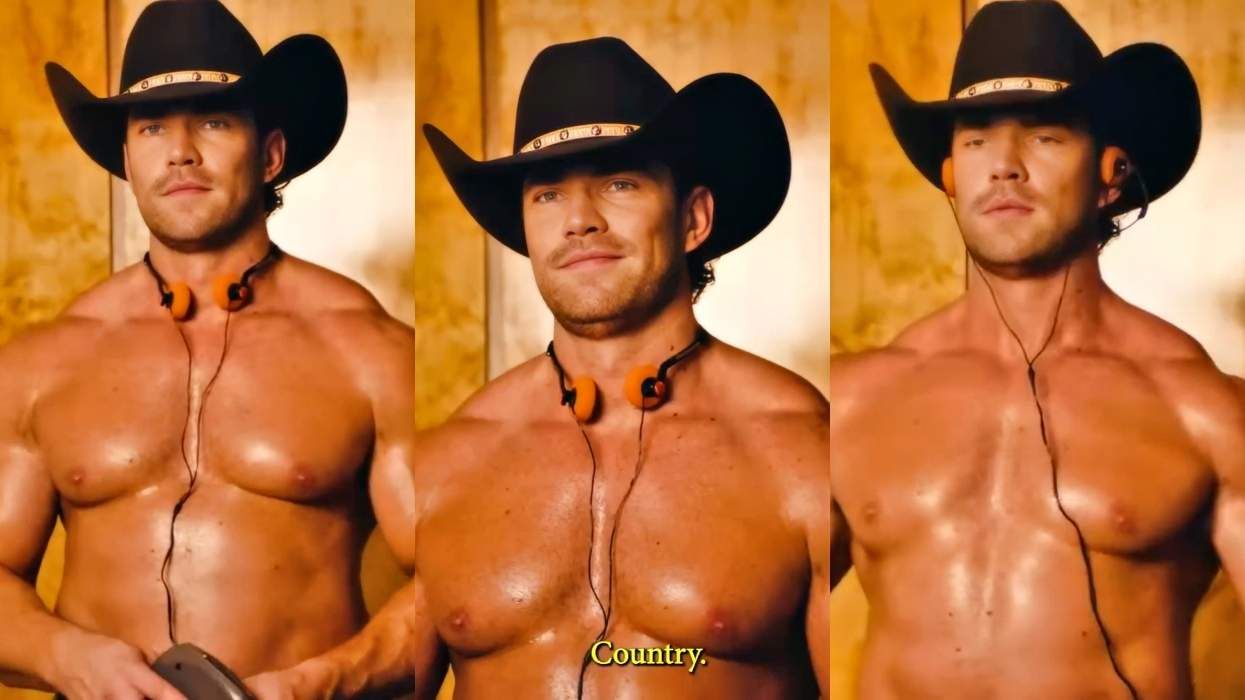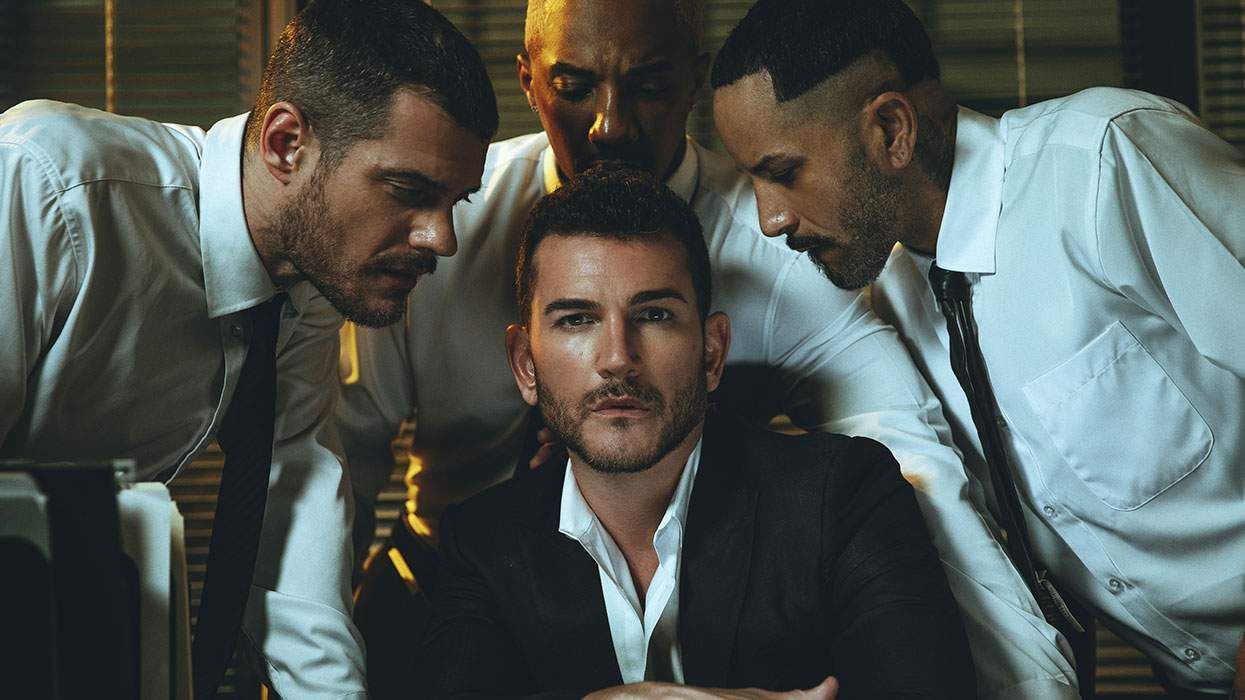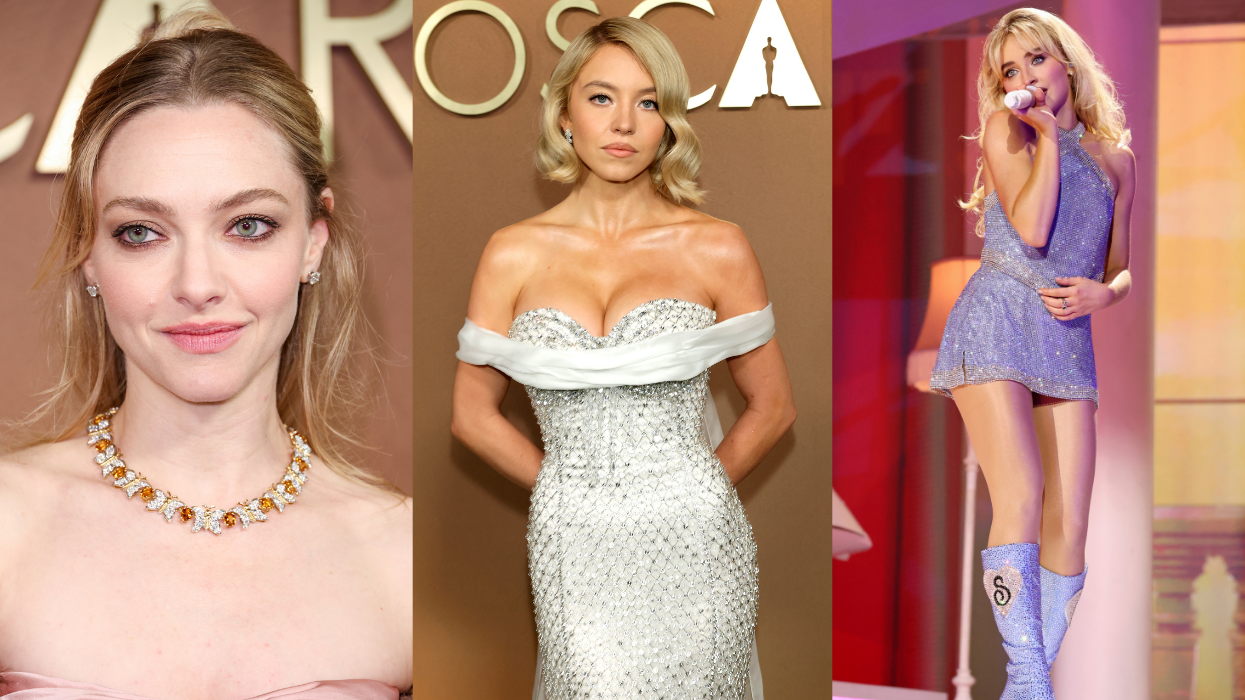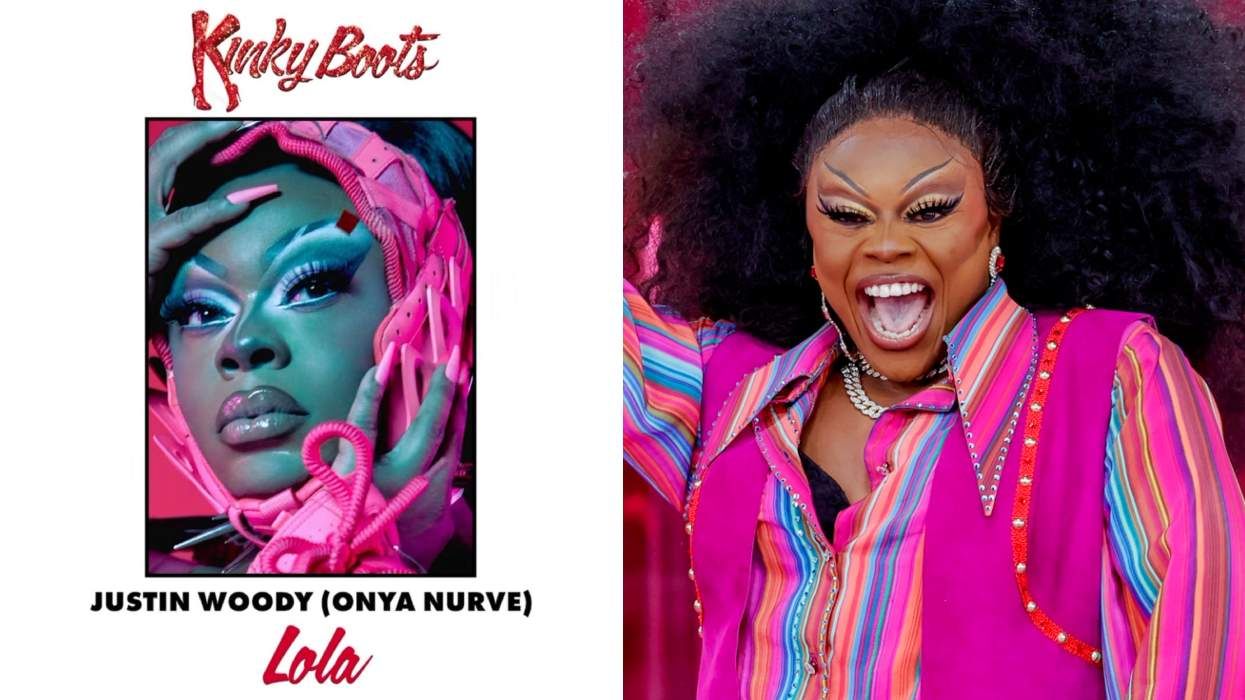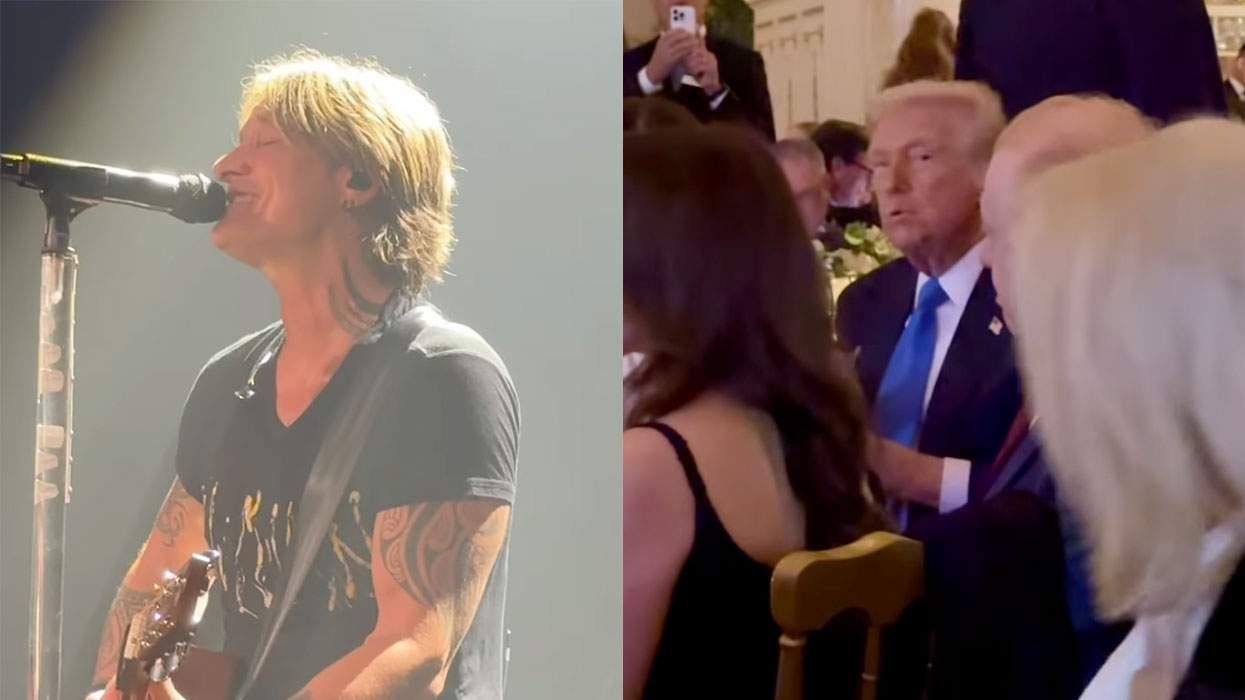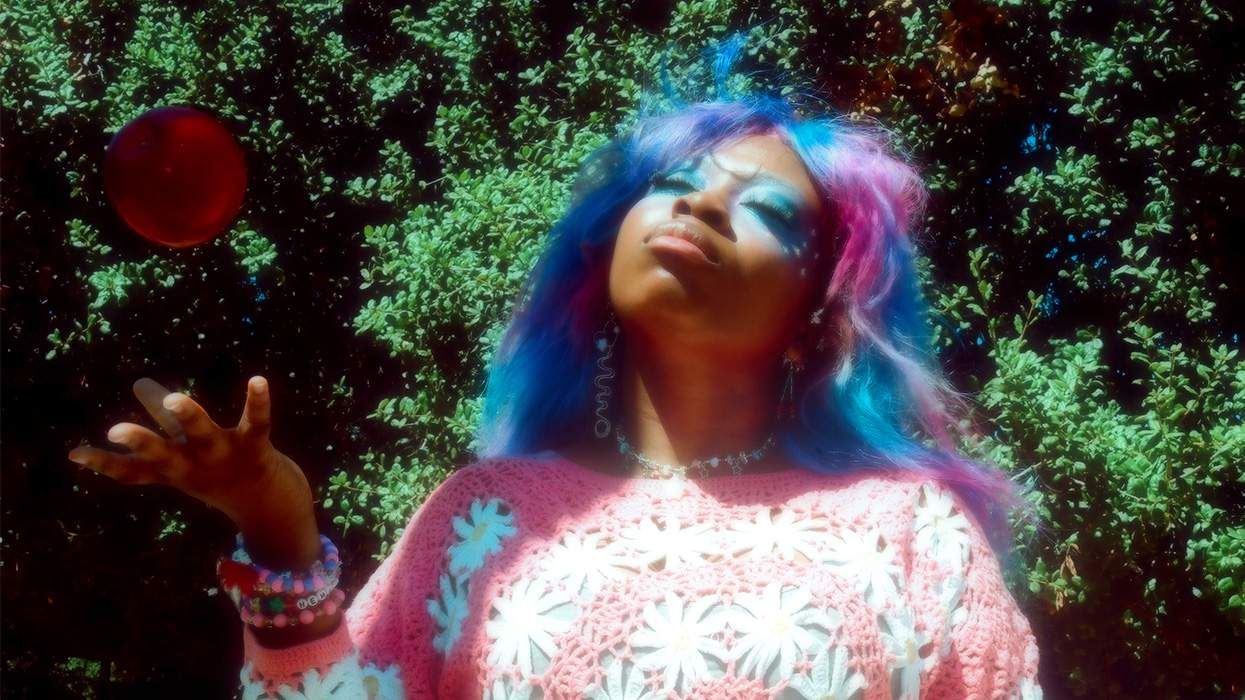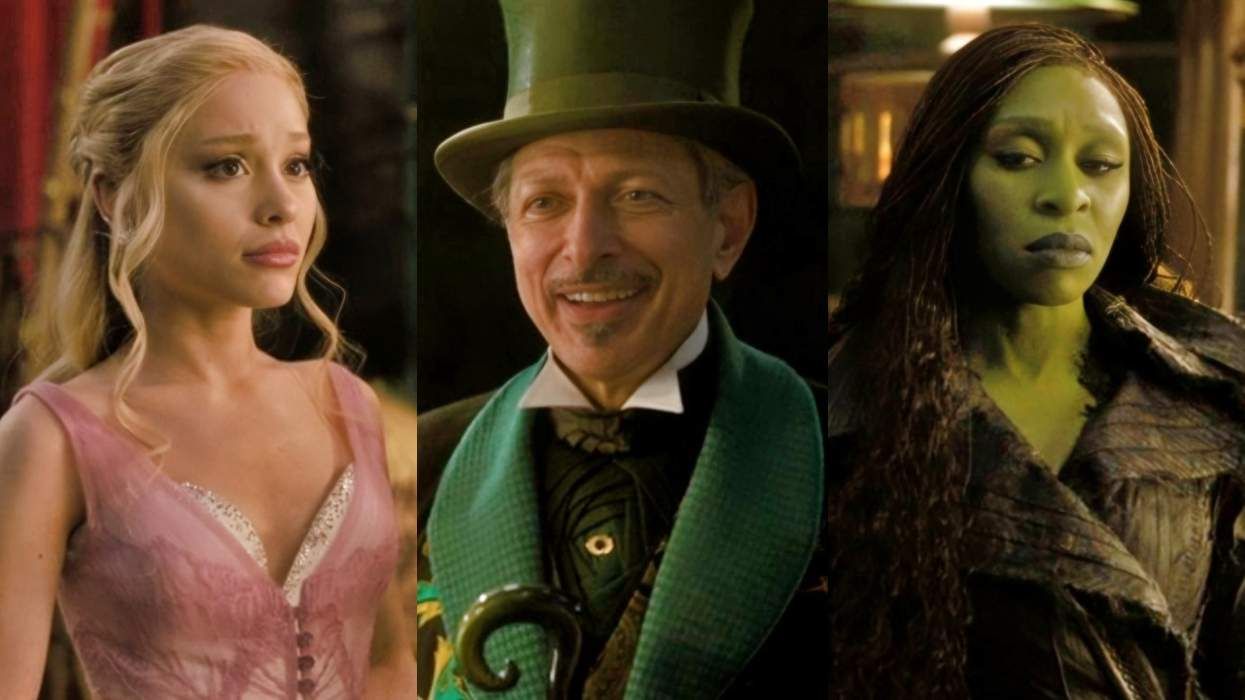Founded by Queens of the Stone Age's Josh Homme in 1997, Desert Sessions is an ongoing series of collaborative mixtapes created by some of the industry's most talented artists. For every installment, Homme curates a group of musicians to spend a week at the Rancho De La Luna studios in Joshua Tree, CA and create a mixtape in a matter of days. After a six-year hiatus, Desert Sessions returns today with volumes 11 and 12, featuring an eclectic mix of artists including Scissor Sisters frontman and queer rock star Jake Shears.
Ahead of the release, Out spoke with Shears about returning to a collaborative environment after releasing his debut, self-titled solo record last year, if he'd ever consider a Scissor Sisters reunion, and whether you can still be a rock star in a post-digital world.
What happens to the creative process when you put a week as a time constraint on a project, and limit it to that physical space?
It's super fun. Personally I love songwriting challenges. It turns into this music game where you're in a room with people you don't know and you have to be thinking on your feet, on the spot, and time is of the essence. You know you've got to have something to show for your time, so it's an exercise in extreme collaboration.
Back in the day, Babydaddy and I used to do this game called the 21-song game, where we'd lock ourselves up for 24 hours in separate rooms and try to write 21 songs in 12 hours. Every time we did it I just made it to 17, but it was a really fun exercise. I love having to make something up on the spot, it's a lot of pressure but it's worth it. By the end of the day, you have an album's length of material, so you've written a whole record in a day -- but not necessarily a good one.
As someone who began your career working collaboratively with other musicians in Scissor Sisters and then working as a solo artist, what was it like to come back to an extremely collaborative process?
I felt right at home, but I did have some insecurities, because I'm the only one in our team that's not a virtuoso on an instrument. I can play the piano and guitar, but I've never picked them up and played them in front of anybody. It's really exciting and kind of thrilling because you're with these incredible musicians, and I had to go through some stuff in my head to convince myself of what I had to bring to the table. There was one night where I had a really hard time, and I had to tell myself to keep it in and keep pushing through, and that song we ended up making was the song I did lead vocals on, and I'm super proud of it, but for a while there it was touch and go.
What unique perspective did you bring to the process?
I don't really play an instrument, but fuck, I really know how to write songs, which is strange and I don't know exactly how I write them, but I have this thing that I do, and I can really put a song togehter and I can take charge, and there were moments where I was able to pull it all together and put a big bow on top of it and get the song done.
Did you bring a queer sensibility to the project that might have been missing otherwise?
In the process I brought a lot of personality and a lot of laughs, and my own good times. In a way, that stuff falls away when you're making music in this way. I brought my own little brand of humor and the song that I sing lead on definitely has some themes of unrequited queer desire in it that was on our minds when we were writing it.
Did working in a group make you nostalgic for the old days and think about a Scissor Sisters reunion?
Not particularly. The thing is, even with my solo stuff, everything that I do is still very collaborative. My solo record, there were 50 people that helped me make that record. It's always going to be the way that I work and love to work. I rarely do anything by myself and I don't like to do anything by myself.
I'll always think fondly of Scissor Sisters, and who knows, someday maybe we'll all get together again.
I saw that you recently said you're a fan of Sarah Jessica Parker's Glee cover of "Let's Have a Kiki."
I loved it, it was very surreal. It was one of those strange moments where you're like, "Is this life? This is so weird."
One thing I loved about Desert Sessions is how analog it sounds. In this digital age, do you still prefer making music with instruments that you can pick up and touch?
What's so sick about doing desert sessions is that these are all virtuoso musicians, they can play the shit out of their instruments. And you're in this studio that holds all this history. To me, that's my happy place. To me, it's really refreshing. My solo record that I just did was all recorded live, with live players. I'm a big fan of music from the 60s, 70s, and 80s, and I love studio recording. But I've been making a lot of dance music lately, I'm all over the map. Even on Scissors stuff, some of it would have a real studio sound and some of it would be an in the box dance record. My tastes can swing either way.
In 2019, can you still be a rock star?
Yeah, absolutely. Rock star means many things. It means having full confidence in your abilities and what you're doing, it means being an entertainer through and through. I don't necessarily think of rock star being totally associated with rock and roll. A rock star can encompass many different genres of music. To me, being a rock star is being confident and entertaining.
RELATED | Jake Shears Says 'Let's Have a Kiki' Broke Up Scissor Sisters


